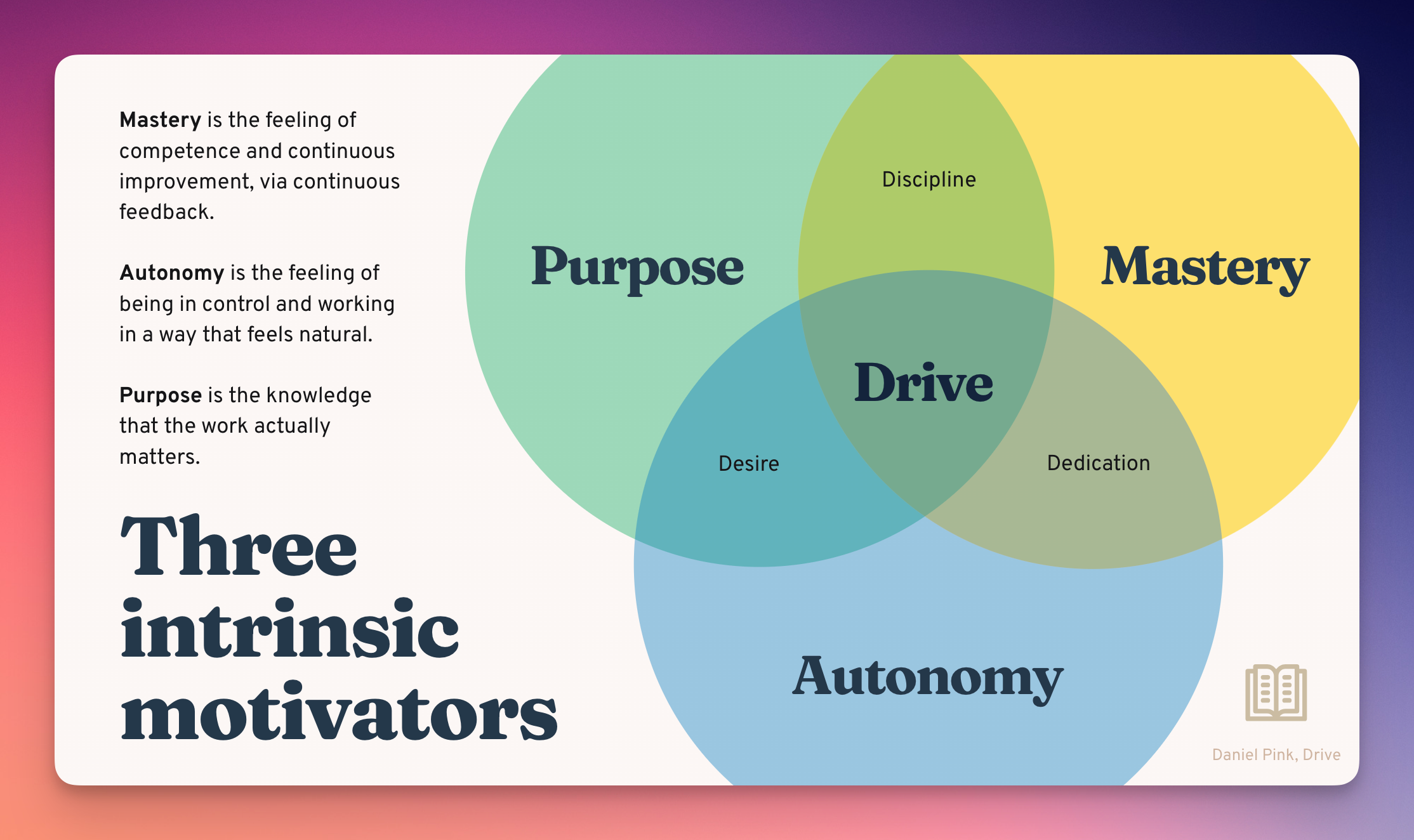Public Speaking for Success: The Complete Program, Revised and Updated: Carnegie, Dale: 9781585424924: Amazon.com: Books"This 2006 revision - edited by a longtime consultant to Dale Carnegie & Associates, Inc., and the editor in charge of updating How to Win Friends and Influence People - is the definitive one for our era. While up to date in its language and points of reference, Public Speaking for Success preserves the full range of ideas and methods that appeared in the original, including Carnegie's complete speech and diction exercises, which follow each chapter, as the author originally designated them.
This edition restores Carnegie's original appendix of the three complete self-help classics: Acres of Diamonds by Russell H. Conwell, As a Man Thinketh by James Allen, and A Message to Garcia by Elbert Hubbard. Carnegie included these essays in his original edition because, although they do not directly relate to public speaking, he felt they would be of great value to listeners. Here is the definitive update of the best-loved public-speaking book of all time."
Is this "edited original" or a "clone"? Does Amazon verifies book's origin?
Public Speaking For Success: Dale Carnegie: 9789394679887: Amazon.com: Books
Dale Carnegie - Wikipedia (1888-1955)
an American writer and lecturer, and the developer of courses in self-improvement, salesmanship, corporate training, public speaking, and interpersonal skills
author of How to Win Friends and Influence People (1936), a bestseller that remains popular today. He also wrote How to Stop Worrying and Start Living (1948), Lincoln the Unknown (1932), and several other book
The Art of Public Speaking by J. Berg Esenwein and Dale Carnegie | Project Gutenberg
The Project Gutenberg eBook of The Art Of Public Speaking, by J. Berg Esenwein and Dale Carnagey.
"Public domain in the USA."
is it?
Are Dale Carnegie books still protected by copyright? - Quora
find out the year of his passing away and to that add 70 years.
1955+70=2025
Dale Carnegie has very high regard for Lincoln speaking.
Example: Lincoln did a few weeks of preparation
for "a few appropriate remarks" for this famous and short speech:
"DEDICATION OF GETTYSBURG CEMETERY
Fourscore and seven years ago, our fathers brought forth upon this continent a new nation, conceived in liberty and dedicated to the proposition that all men are created equal. Now we are engaged in a great civil war, testing whether that nation—or any nation so conceived and so dedicated—can long endure.
We are met on a great battlefield of that war. We are met to dedicate a portion of it as the final resting-place of those who have given their lives that that nation might live. It is altogether fitting and proper that we should do this.
But, in a larger sense, we cannot dedicate, we cannot consecrate, we cannot hallow, this ground. The brave men, living and dead, who struggled here, have consecrated it, far above our power to add or to detract. The world will very little note nor long remember what we say here; but it can never forget what they did here.
It is for us, the living, rather, to be dedicated here to the unfinished work they have thus far so nobly carried on. It is rather for us to be here dedicated to the great task remaining before us: that from these honored dead we take increased devotion to that cause for which they here gave the last full measure of devotion; that we here highly resolve that these dead shall not have died in vain; that the nation shall, under God, have a new birth of freedom, and that government of the people, by the people, for the people, shall not perish from the earth.
—Abraham Lincoln."Translated to modern English by AI Copilot:
"Eighty-seven years ago, our ancestors founded a new nation on this continent, built on the idea of freedom and the belief that all people are created equal. Now, we are in the midst of a great civil war, testing whether this nation, or any nation founded on such principles, can survive.
We have come to a significant battlefield of that war to dedicate a part of it as a final resting place for those who gave their lives so that this nation might live. It is entirely appropriate and proper for us to do this.
However, in a larger sense, we cannot dedicate, we cannot consecrate, we cannot make this ground holy. The brave men, both living and dead, who fought here have already made it sacred, far beyond our ability to add or take away. The world will not remember much of what we say here, but it will never forget what they did here.
It is for us, the living, to be dedicated here to the unfinished work which they have so far advanced. It is for us to be dedicated to the great task remaining before us: that from these honored dead we take increased devotion to the cause for which they gave the last full measure of devotion; that we resolve that these dead shall not have died in vain; that this nation, under God, shall have a new birth of freedom; and that government of the people, by the people, for the people, shall not perish from the earth."
Public Speaking for Success by Dale Carnegie: 9781585424924 | PenguinRandomHouse.com: Books
Table Of Contents
Public Speaking for SuccessDale Carnegie
Introduction to the Updated Edition
One. Developing Courage and Self-Confidence
Two. Self-Confidence Through Preparation
Three. How Famous Speakers Prepared Their Addresses
Four. The Improvement of Memory
Five. Keeping the Audience Awake
Six. Essential Elements in Successful Speaking
Seven. The Secret of Good Delivery
Eight. Platform Presence and Personality
Nine. How to Open a Talk
Ten. Capturing Your Audience at Once
Eleven. How to Close a Talk
Twelve. How to Make Your Meaning Clear
Thirteen. How to Be Impressive and Convincing
Fourteen. How to Interest Your Audience
Fifteen. How to Get Action
Sixteen. Improving Your Diction
Appendix
Introduction to Appendix
Acres of Diamonds, by Russell H. Conwell
A Message to Garcia, by Elbert Hubbard
As a Man Thinketh, by James Allen































